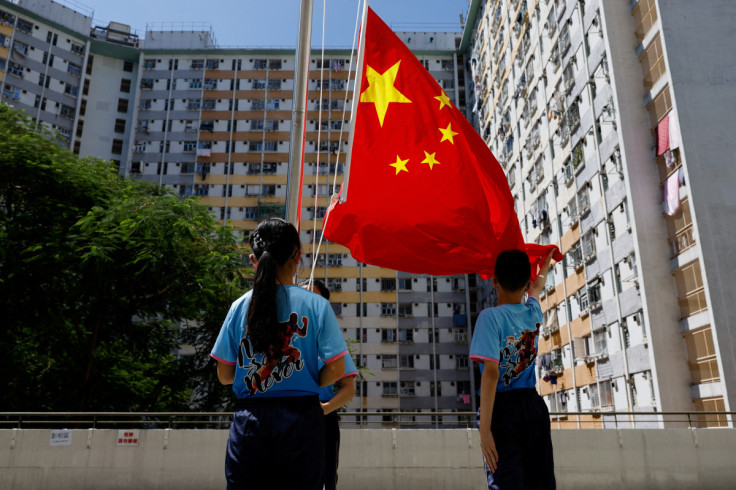Britain criticises 'erosion of freedoms' in Hong Kong, draws rebuke from China
Britain criticised on Thursday what it said was the systematic erosion of freedoms in Hong Kong by the Chinese government and a crackdown on free speech by authorities in the former British colony, drawing an angry response from China.

Britain criticised on Thursday what it said was the systematic erosion of freedoms in Hong Kong by the Chinese government and a crackdown on free speech by authorities in the former British colony, drawing an angry response from China.
The criticism was contained in the government's latest six-monthly report on Hong Kong, which was announced in a written statement to parliament.
The Chinese embassy in Britain said the report "distorted facts" and that it was "strongly dissatisfied" with it. A spokesperson for the embassy said it had lodged "stern" representations with the British side.
"Freedoms are being systematically eroded by Beijing on multiple fronts, tightening the restrictions on the lives of ordinary Hong Kongers," British Foreign Secretary James Cleverly said in the foreword of the report, which covered the first half of 2022.
"The authorities continue to crack down on free speech, the free press, and free assembly. Individuals and civil society groups are censoring themselves, and most independent news outlets have been forced to close."
Hong Kong returned from British to Chinese rule in 1997 with the guarantee of a high degree of autonomy, including freedom of speech, under a "one country, two systems" formula.
"Hong Kong has long been returned to China, and Hong Kong affairs are purely China's internal affairs that allow no foreign interference," the Chinese embassy spokesperson said.
"We urge the UK side to recognise the reality and major trend, discard the colonial mindset, and respect China's sovereignty and unity."
China has also previously accused Britain of acting with a colonial mindset in response to British assertions that China was failing to comply with the handover agreement.
In June 2020, Beijing imposed a national security law to punish terrorism, collusion with foreign forces, subversion and secession with possible life imprisonment.
That legislation has been repeatedly condemned by British authorities. Critics say authorities are using it to stifle dissent, a charge officials in Hong Kong and Beijing reject.
The law has helped Hong Kong "enter a new stage in which it has restored order and is set to thrive", the Chinese embassy spokesperson said.
Earlier this week Hong Kong and Chinese authorities expressed strong opposition after a British minister met the legal team of Jimmy Lai, a jailed pro-democracy Hong Kong tycoon and founder of the now shut pro-democracy newspaper Apple Daily.

Copyright Thomson Reuters. All rights reserved.





















